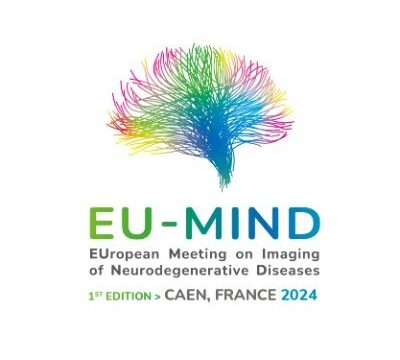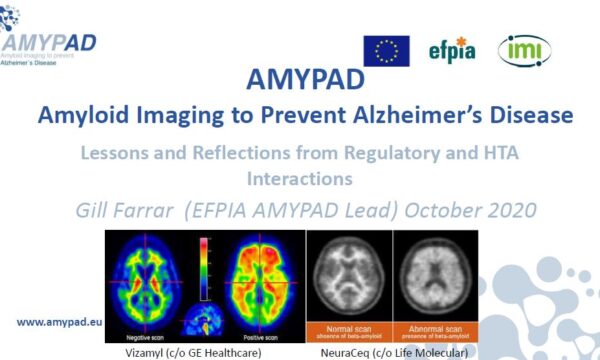In a new paper published in the journal European Journal of Nuclear Medicine and Molecular Imaging, researchers from the AMYPAD consortium investigatd the impact of reduced injected doses on the quantitative and qualitative assessment of the amyloid PET tracers [18F]flutemetamol and [18F]florbetaben.
In this study, 250 participants were retrospectively included. Of these, 175 participants were scanned with [18F]flutemetamol across two centres: Barcelonaβeta Brain Research Center (BBRC), Barcelona, Spain (N = 68), and Geneva University Hospital, Geneva, Switzerland (N = 107). Participants were part of the AMYPAD Diagnostic and Patient Management Study (DPMS) or Prognostic and Natural History Study (PNHS) or were recruited from the Geneva Memory Clinic cohort (GMC). Another 75 participants were also part of the AMYPAD PNHS study, but scanned with [18F]florbetaben at the Centre Hospitalier Universitaire de Toulouse (CHUT), France.
This proof-of-concept study showed that for both [18F]flutemetamol and [18F]florbetaben, adequate quantitative and qualitative assessments can be obtained at 12.5% of the original injected dose. However, decisions to reduce the injected dose should be made considering the specific clinical or research circumstances.
You can read the paper here: https://doi.org/10.1007/s00259-023-06481-0
Congratulations to all authors:Peter Young, Fiona Heeman, Jan Axelsson, Lyduine E. Collij, Anne Hitzel, Amirhossein Sanaat, Aida Niñerola-Baizan, Andrés Perissinotti, Mark Lubberink, Giovanni B. Frisoni, Habib Zaidi, Frederik Barkhof, Gill Farrar, Suzanne Baker, Juan Domingo Gispert, Valentina Garibotto, Anna Rieckmann and Michael Schöll.



